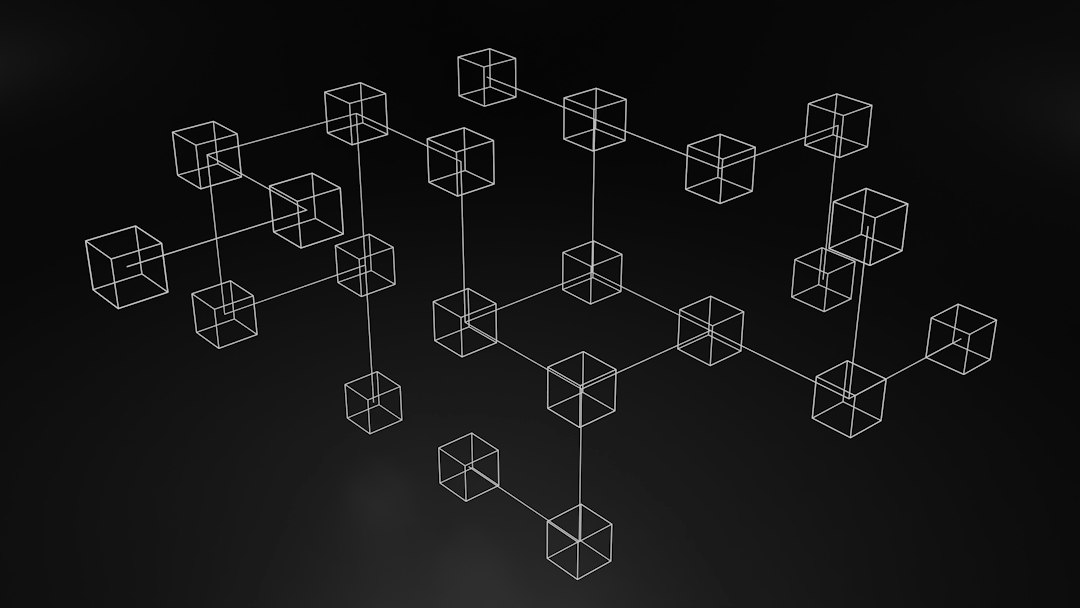Kenyan authorities investigate Worldcoin project amid privacy concerns
The controversial Worldcoin project faced scrutiny in Kenya as CEO Alex Blania was questioned by lawmakers in a parliamentary ad hoc meeting. Privacy concerns were raised, with one lawmaker likening the project’s arrival in Kenya to a criminal gang harvesting data from young people. Worldcoin, launched by OpenAI CEO Sam Altman, aims to establish a network of verified human users. To sign up, users undergo eyeball scans using orbs, but privacy advocates and lawmakers worldwide question the security of the biometric data collected. The Kenyan government suspended the project and formed a parliamentary committee to investigate. Additionally, German and French data watchdogs are examining the legality of Worldcoin in Europe. Tools for Humanity, the project’s backer, insists that Worldcoin prioritizes privacy. During the meeting, Blania and the chief legal officer, Thomas Scott, maintained that Worldcoin does not engage in malicious data mining in Kenya.
Worldcoin sets new verification record in Argentina
In Argentina, Worldcoin is experiencing significant success, breaking records as demand for World ID soared. The project reported that 9,500 people signed up for Orb verifications in a single day, driven by the country’s crypto-forward nature. Alex Blania acknowledged Argentina’s crypto enthusiasm, highlighting its status as one of the most crypto-forward countries globally. The project remains confident in its commitment to privacy, emphasizing the privacy-preserving design of its protocol. While facing scrutiny and investigations in Kenya and Europe, Worldcoin’s growth in Argentina demonstrates its popularity and potential in a crypto-friendly market.
Hot Take
The Worldcoin project has generated controversy and raised privacy concerns, prompting investigations in Kenya and Europe. The concept of verifying human users through eyeball scans has faced criticism from privacy advocates and lawmakers. However, Worldcoin’s success in Argentina showcases its appeal in a crypto-forward country. As the project continues to evolve, it must address the concerns surrounding data security and privacy to gain wider acceptance and trust. While Worldcoin’s ambition to create a network of verified human users is commendable, it must ensure that user data is protected and used responsibly. In an increasingly digitized world, striking a balance between convenience, innovation, and privacy will be crucial for the future of projects like Worldcoin.





 By
By
 By
By
 By
By
 By
By

 By
By